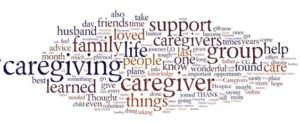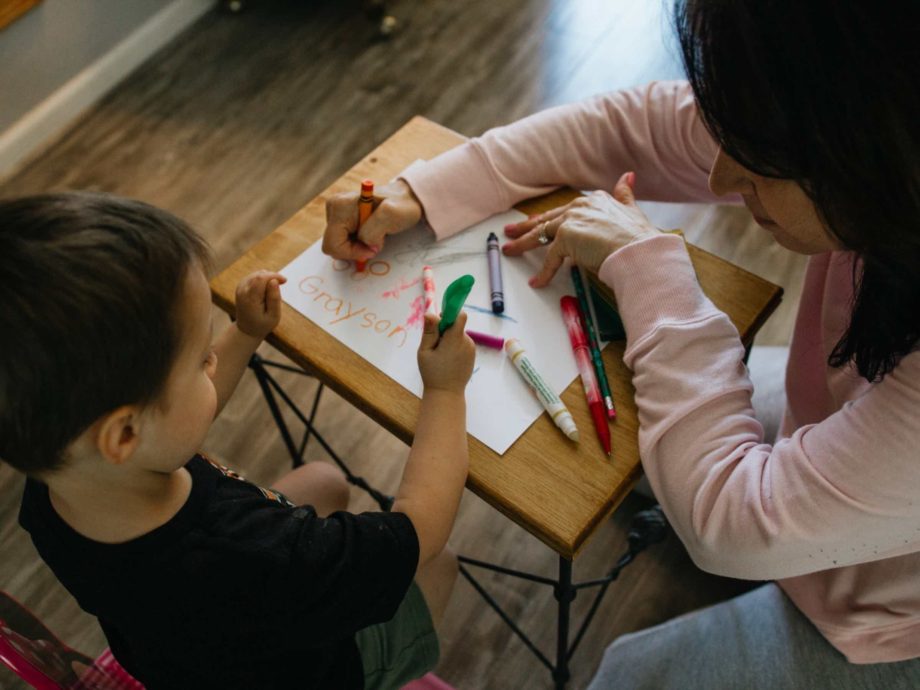Find Child Caregiver in BC

Find Child Caregiver in BC
Finding a reliable child caregiver in British Columbia (BC) is a significant responsibility for parents and guardians. With a wide array of child care services and caregivers available, ranging from formal daycare centers to in-home caregiving, it’s essential to understand the different types of care, the regulations surrounding child care in BC, and what to look for in a qualified caregiver. This report will provide a comprehensive guide to finding child caregivers in BC, addressing options, regulations, qualifications, and steps to ensure the best care for your child.
Types of Child Care in British Columbia
1. Licensed Child Care: Find Child Caregiver in BC
Licensed child care facilities are regulated by the Ministry of Children and Family Development in BC. These programs must adhere to specific health, safety, and educational standards. Licensed child care options include:
- Group Child Care (Under 36 months): This service is offered in a group setting for children under three years of age.
- Group Child Care (30 months to school age): This option caters to children aged 30 months to kindergarten, emphasizing play-based learning.
- Preschool (30 months to school age): A part-time program focusing on early education for children before they start school.
- Family Child Care: Care is provided in a private residence by a licensed caregiver, typically offering more flexibility.
- In-Home Multi-Age Care: A single caregiver offers care for children of various ages, usually in their own home.
- School-Age Care: For children attending school, this option provides care before and after school hours and during school breaks.
2. License-Not-Required (LNR) Child Care
In BC, there are also license-not-required caregivers who provide care for a small number of children, usually in a home setting. These caregivers are not under the direct regulation of the province, although they can voluntarily register with a Child Care Resource and Referral (CCRR) program for training and support.
3. Nanny or In-Home Caregiver
Nannies or in-home caregivers offer personalized care for children in the family’s home. This option provides individualized attention and flexibility in the care schedule, though it’s important to ensure that the caregiver meets any legal requirements, especially if they are an immigrant or foreign worker.

4. Au Pair: Find Child Caregiver in BC
An au pair is a young person from another country who lives with a family and provides child care in exchange for room, board, and a small stipend. While au pairs are typically less expensive than nannies, they may have less formal child care training.
Regulatory Framework for Child Care in BC
The Child Care Licensing Regulation under the Community Care and Assisted Living Act governs licensed child care providers. Key requirements include:
- Health and Safety Standards: Licensed child care facilities must meet provincial health and safety regulations, including having appropriate child-to-staff ratios, qualified staff, and safe, clean environments.
- Staff Qualifications: Child care providers must have appropriate certification depending on the type of care offered, such as an Early Childhood Educator (ECE) certificate for preschool and group care.
- Criminal Record Check: All child care providers must undergo a criminal record check to ensure the safety of children in their care.
- First Aid Certification: Providers must be trained in emergency first aid and CPR.
For unlicensed caregivers, such as nannies or license-not-required family child care providers, it’s essential for parents to personally verify qualifications, references, and safety measures since these providers are not subject to the same level of regulation as licensed services.
Qualifications to Look for in a Child Caregiver: Find Child Caregiver in BC
Regardless of the type of child care you choose, it’s important to ensure that the caregiver has the necessary skills and qualifications to care for your child. Some key qualifications to look for include:
- Education and Training: Find Child Caregiver in BC
- For licensed child care providers, an Early Childhood Educator (ECE) certificate is a valuable qualification, indicating specialized training in child development, health, safety, and educational activities.
- For nannies and in-home caregivers, it’s important to verify their experience and any relevant training, such as infant care, toddler care, or first aid.
- Post-secondary education in areas such as psychology, social work, or education is often a plus, especially for caregivers working with school-age children or children with special needs.
- Experience
- Prior experience in caring for children is critical. The caregiver should have a track record of successfully managing children’s needs, whether through previous employment in a daycare setting, working as a nanny, or babysitting.
- Experience with children of a similar age to your own child is particularly important, as the developmental needs of infants, toddlers, and older children differ significantly.
- References: Find Child Caregiver in BC
- Checking references is a key step in finding a reliable caregiver. Speak with previous employers or families to ensure that the caregiver has a positive reputation and can be trusted to handle responsibilities such as safety, nurturing, and educational activities.
- Personality and Compatibility
- Beyond qualifications, it’s crucial that the caregiver’s personality aligns with your family’s values and parenting style. Consider whether the caregiver is patient, nurturing, communicative, and responsive to children’s needs.
- Cultural Awareness and Language Skills
- In BC’s diverse cultural landscape, it’s valuable to find caregivers who are culturally aware and able to communicate in the language spoken at home, if needed. This is especially important for families who speak a language other than English at home.
How to Find a Child Caregiver in BC
1. Child Care Resource and Referral (CCRR) Programs
CCRR programs in BC provide parents with resources and referrals to licensed child care providers and support for families looking for caregivers. They can help parents navigate the different child care options, as well as connect with licensed or registered caregivers in their area. These programs also offer information on subsidies and financial assistance for child care.
When using these platforms, it’s essential to thoroughly vet potential caregivers by reviewing their profiles, interviewing them, and checking references.
2. Word of Mouth
Many families find reliable caregivers through personal recommendations. Ask friends, family members, neighbors, or colleagues if they know of any trustworthy caregivers. This method can provide peace of mind, as personal recommendations often come from people you trust.
3. Employment & Immigration Agencies: Find Child Caregiver in BC
Some employment agencies in BC specialize in placing nannies, au pairs, and other in-home caregivers. These agencies typically handle the screening process, including background checks and reference verification, making it easier for families to find trustworthy caregivers.
5. Local Community Resources: Find Child Caregiver in BC
Some communities in BC offer family resource centers or community hubs where families can access child care information and resources. Local libraries, community centers, and parenting groups often have information on child care options and caregiver recommendations.

Financial Considerations: Find Child Caregiver in BC
Child care in BC can be expensive, and costs vary depending on the type of care, the caregiver’s experience, and the region. According to a 2022 survey, child care costs in BC ranged from:
- $1,200 to $1,600 per month for infants
- $900 to $1,200 per month for toddlers
- $600 to $900 per month for preschool-age children
To help with costs, the BC government offers the Affordable Child Care Benefit for families with a household income under $111,000. This benefit can significantly reduce the cost of licensed child care.
Conclusion
Finding a child caregiver in British Columbia requires careful consideration of the various child care options, regulatory requirements, and the qualifications of potential caregivers. By thoroughly researching, conducting interviews, and checking references, families can ensure that they find a caregiver who meets their child’s needs, offers a safe and nurturing environment, and fits within their budget. Whether choosing licensed child care, a nanny, or a family care provider, the ultimate goal is to provide a secure and supportive environment that fosters your child’s growth and development.
In case, if you need help to Find Child Caregiver in BC or other provinces of Canada, please fill in application below or contact us directly.

